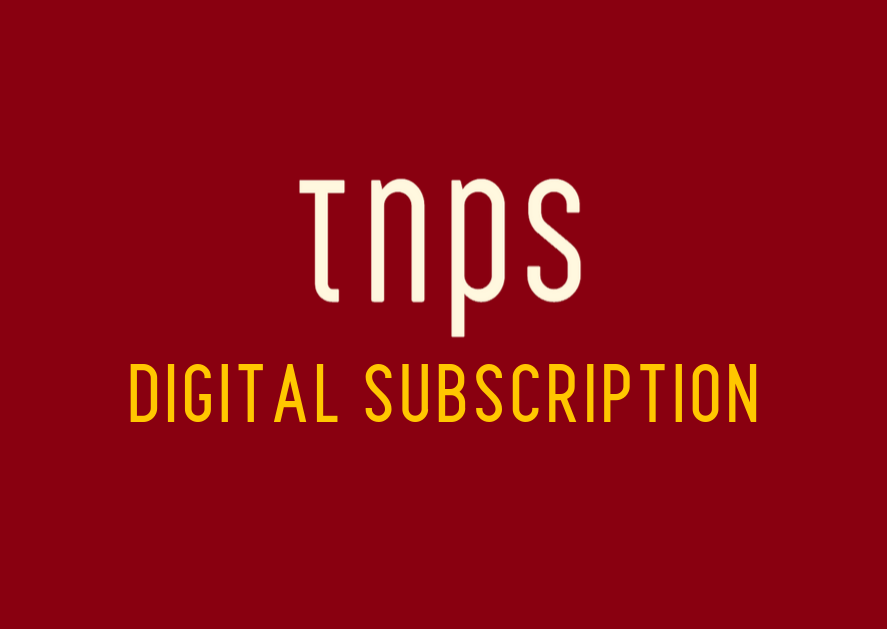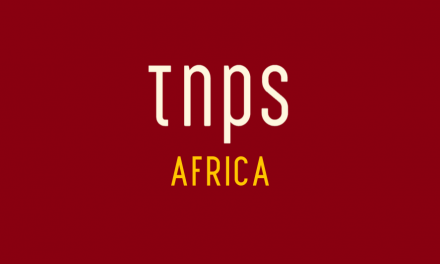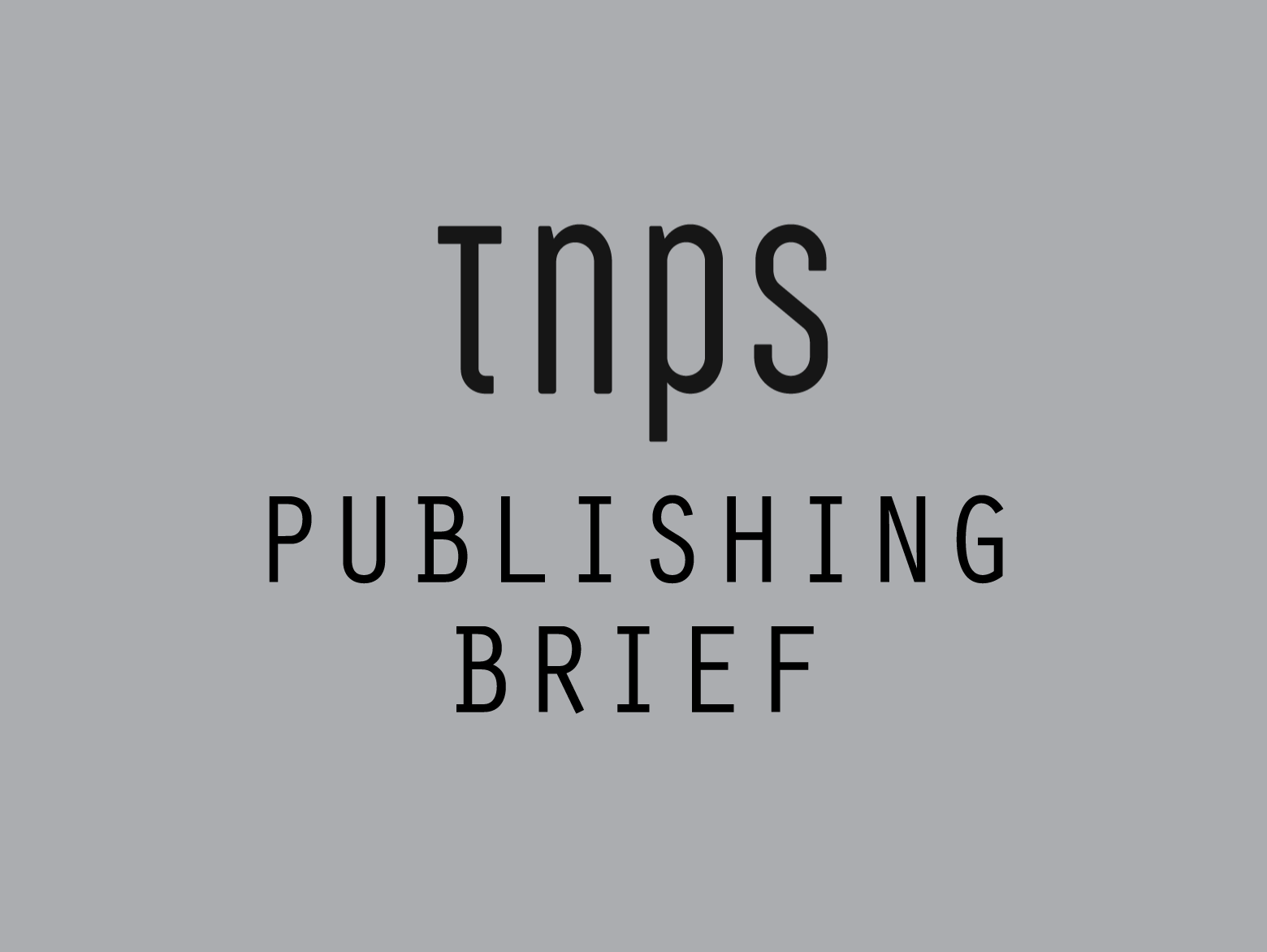This expansion will help ensure that sounds and stories that once remained local can reach a global audience.
With each passing day the digital subscription model engrains itself more and more in the world’s consumer psyche, and music, video and news platforms are reaping the rewards.
Book publishers, on the other hand, with noble exceptions, seem determined to be dragged screaming into the second decade of the twenty-first century when it comes to offering consumers choice.
Spotify, the market leader in the music and sound arena, has been slow to grasp the global potential of the digital subscription model, leaving video operators to steam ahead. But that’s about to change, with Spotify announcing it is rolling out is subscription service across more than eighty new countries this month, and will start February with a presence in 170 countries.
As part of our ongoing commitment to building a truly borderless audio ecosystem— connecting creators, listeners, and content—Spotify is embarking on a sweeping expansion that will introduce the world’s most popular audio streaming subscription service available to more than a billion people in 80+ new markets around the world, and add 36 languages to our platform.
This expansion will help ensure that sounds and stories that once remained local can reach a global audience.
Our dedication to international artists and listeners is unwavering. Working closely with local creators and partners, we’ll deliver a Spotify experience that meets the unique needs of each market, with scaled language translations and specialized payment formats. These 80+ markets represent more than 1 billion people—potential Spotify listeners who have yet to tap into the power of our platform.
The existing rich music cultures in each of these markets will now be able to reach Spotify’s global audience. All this untapped music energy and access to our innovative creator tools will help propel artists to new heights and empower them to turn their passion into a profession.
Podcasts will feature large in the new expansion:
Podcasts: In the majority of these markets, Spotify will launch with its full podcast catalog.* For the others, it will work closely with local partners to introduce more podcasts from its catalog, as well as Spotify’s proprietary creator platform, Anchor.
Audiobooks won’t be far behind –
Spotify’s new markets are:
Angola, Antigua and Barbuda, Armenia, Azerbaijan, Bahamas, Bangladesh, Barbados, Belize, Benin, Bhutan, Botswana, Brunei Darussalam, Burkina Faso, Burundi, Cabo Verde, Cambodia, Cameroon, Chad, Comoros, Côte d’Ivoire, Curaçao, Djibouti, Dominica, Equatorial Guinea, Eswatini, Fiji, Gabon, Gambia, Georgia, Ghana, Grenada, Guinea, Guinea-Bissau, Guyana, Haiti, Jamaica, Kenya, Kiribati, Kyrgyzstan, Lao People’s Democratic Republic, Lesotho, Liberia, Macau, Madagascar, Malawi, Maldives, Mali, Marshall Islands, Mauritania, Mauritius, Micronesia, Mongolia, Mozambique, Namibia, Nauru, Nepal, Niger, Nigeria, Pakistan, Palau, Papua New Guinea, Rwanda, Samoa, San Marino, Sao Tome and Principe, Senegal, Seychelles, Sierra Leone, Solomon Islands, Sri Lanka, St. Kitts and Nevis, St. Lucia, St. Vincent and the Grenadines, Suriname, Tanzania, Timor-Leste, Togo, Tonga, Trinidad and Tobago, Tuvalu, Uganda, Uzbekistan, Vanuatu, Zambia, and Zimbabwe.
Very few of these markets have any meaningful print access for publishers, and digital books again are meaningfully available in only a handful of these places. Conversely, very few of these countries have easy access to the global markets. Spotify’s move brings a fix for both problems.
Spotify’s roll-out means that, subject to publisher-imposed territorial restrictions, all of its music and sound catalogue – including podcasts and the token audiobooks currently onboard – will be globally accessible in a way few would have dared imagine this time last decade when the Global New Renaissance began to unfold.
When will book publishers wake up and smell the coffee?





